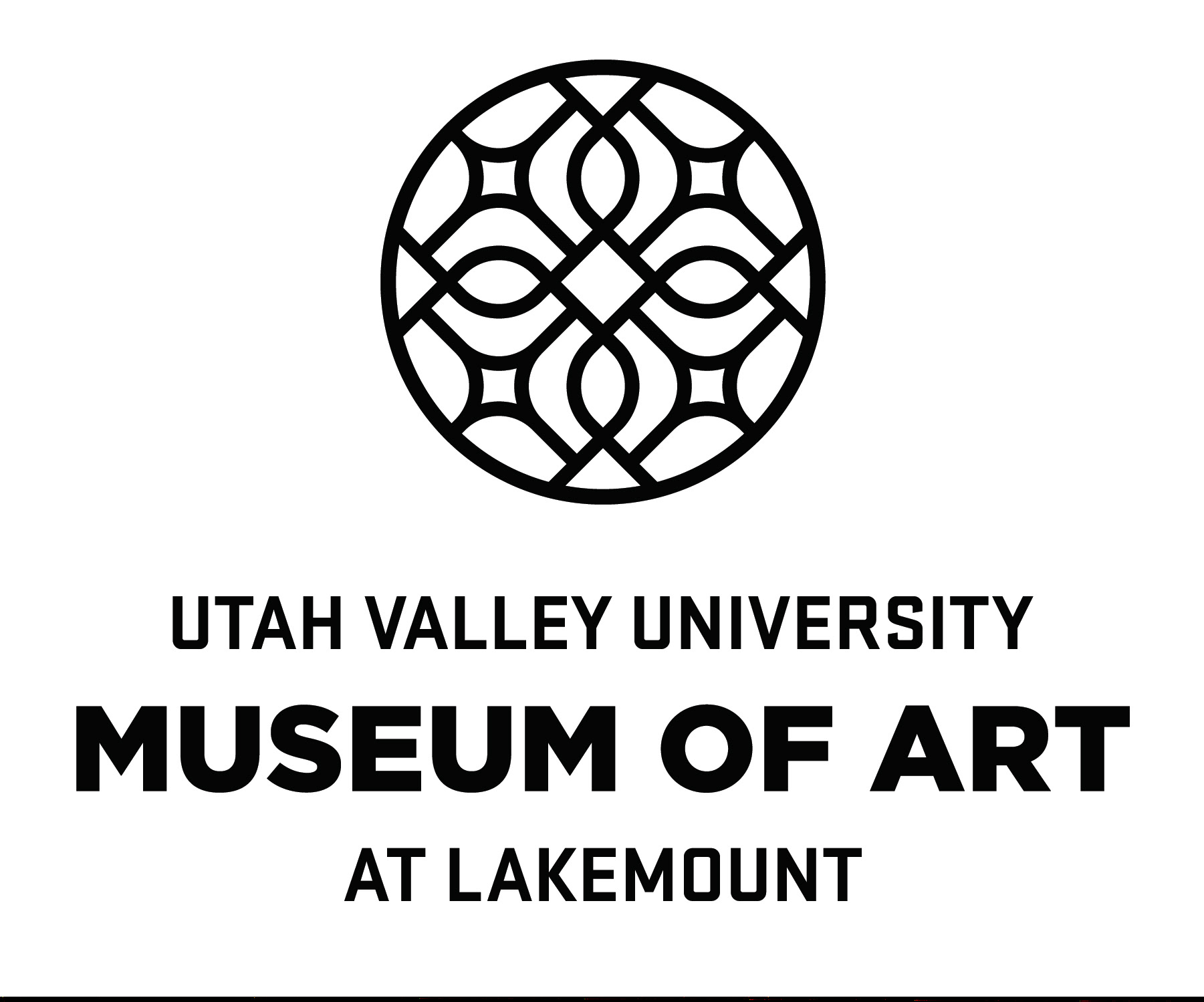Many artists have found inspiration from poetry. Rene Magritte was a Belgian Surrealist artist well known for his paintings that challenge the perception of reality. He was also known for taking tools normally found in poetry such as figurative language, metaphors, and metonymy and putting them into a visual form. Magritte once said, “the function of painting is to make poetry visible.” Check out Magritte’s Domain of Arnheim, a painting that is based on Edgar Allen Poe’s, “The Domain of Arnheim.”
The Domain of Arnheim by Rene Magritte, 1962
Another artist who was inspired by poetry is Sir John Everette Millais. Millais, an English artist and illustrator, was part of an artistic group called the Pre-Raphaelite Brotherhood. This group of artists became known for their artwork that represented legends, myths, and poetry. Millais’ painting Mariana was inspired from Alfred Lord Tennyson’s poem also titled “Mariana.” The painting is typically shown with lines 9-12 of Tennyson’s poem. For more information, see here.
Activity:
Write your own poem! A poem is a piece of written art that uses speech and song in a rhythmic and metaphorical way and exhibits elements like meter and rhyme. Poetry is a very helpful and beautiful way to express your thoughts and feelings.
Materials:
● An object of inspiration. A favorite stuffed animal, a photograph, a toy, a gift, or anything that is important to you.
● Paper
● Pencil
Directions:
*Find something in your house (a special gift, a favorite toy) and write a poem about it.
In our video, Museum Educator Lisa J chose an artwork by UVU student Jennifer Adamson. She chose this work because of its impressive carving and artistry, the loving way the bunnies are placed in the piece, and the way it elicits feelings of springtime.
● Look up some famous poems that you can read or listen to and find one you like. You can use its format as a template for your own poem.
● Decide the feeling of your poem. Is it sad, happy, funny, serious, or nostalgic?
● If you wish your poem to rhyme, think of a list of rhyming words you can use in your poem. This will get your mind working and help you get in the flow of poetry writing.
● Now, open your mind and start writing! Make sure to read through it as you go because you may have new ideas to incorporate.
*Share your poem with family and friends.
We love to see your work, so please find us on Facebook and share your poem!
